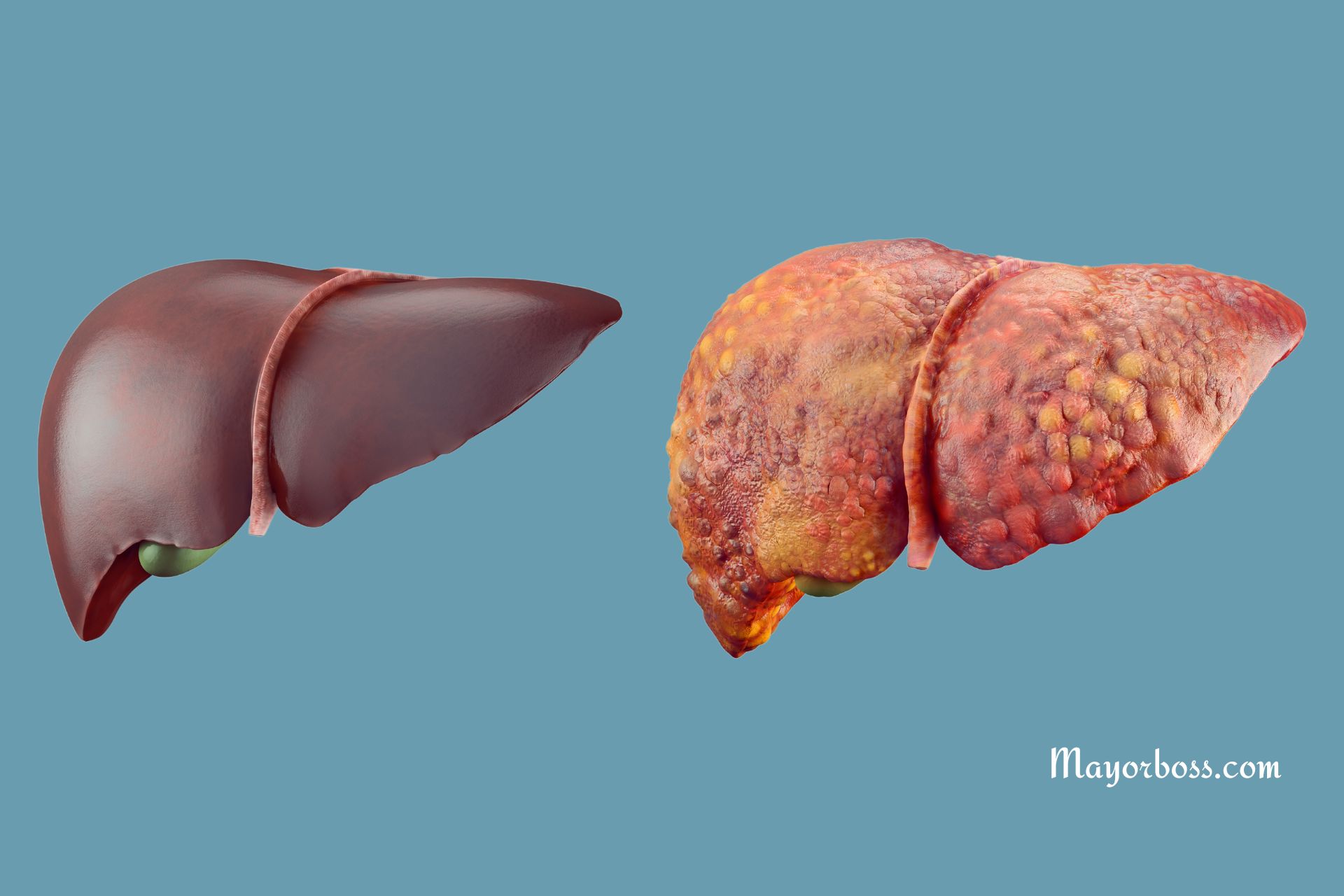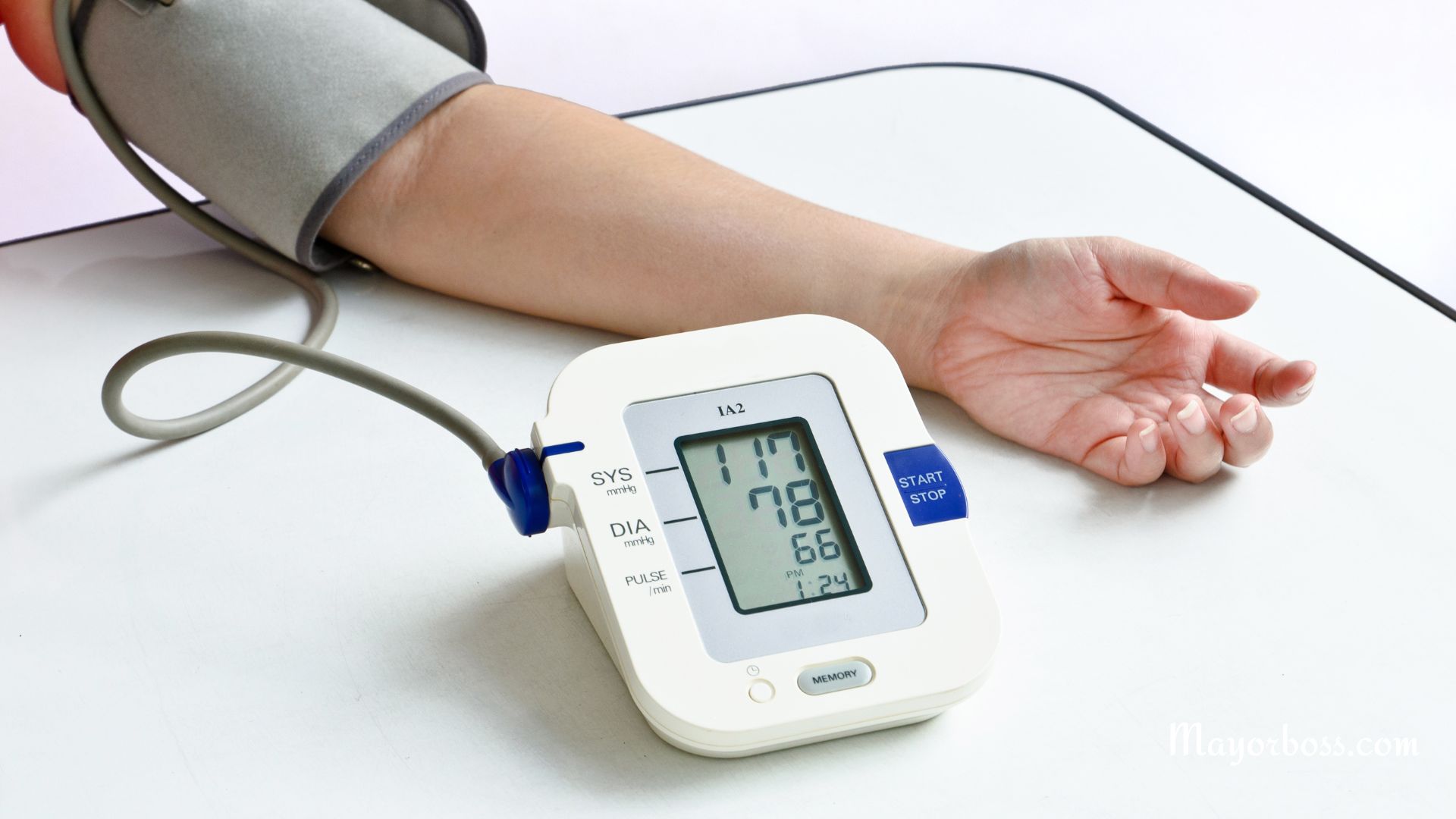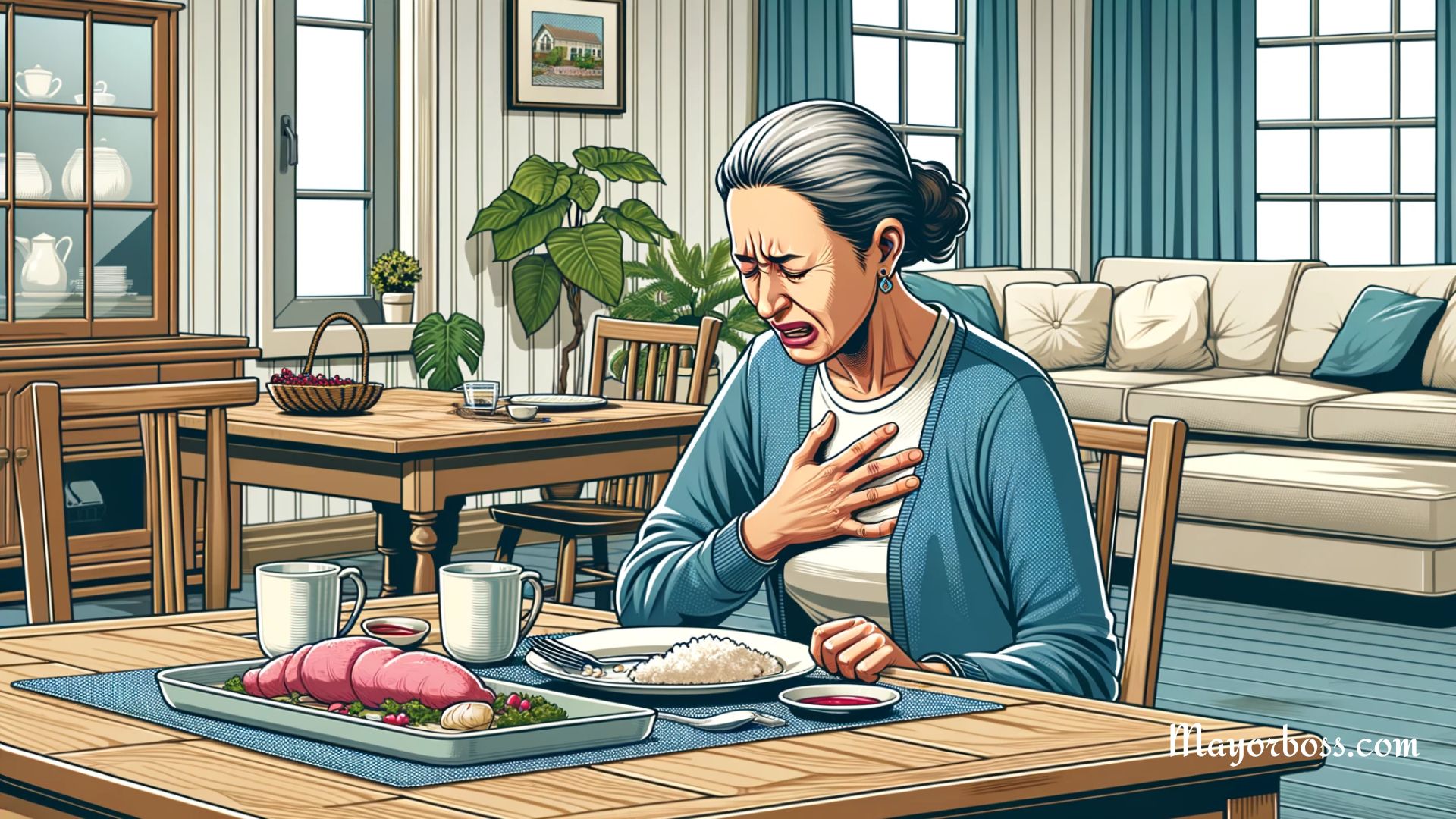5 Drugs That Cause Liver Damage: Do Not Ignore This
When it comes to your health, the liver plays a crucial role. It helps filter toxins from your blood, aids in digestion, and performs a host of other vital functions. However, certain medications can put your liver at risk, leading to damage or liver disease. It’s essential to be aware of these drugs and monitor your liver function if you need to take them. Let’s look at five common types of medications that can cause liver damage and why you should not ignore this serious issue.

1. Acetaminophen (Tylenol)
Acetaminophen, widely known by its brand name Tylenol, is a regular over-the-counter pain reliever and fever reducer. While safe in recommended doses, acetaminophen can cause severe liver damage if you take too much. This damage can occur from a single large dose or from taking higher than recommended doses over several days. If you’re using acetaminophen, it’s crucial to stay within the recommended limits and consider your total intake, especially if it’s also included in other medications like cold and flu formulas.
2. Nonsteroidal Anti-Inflammatory Drugs (NSAIDs)
NSAIDs, such as ibuprofen (Advil, Motrin) and naproxen (Aleve), are another group of medications commonly used to relieve pain and reduce inflammation. While they’re effective, long-term or heavy use of NSAIDs can harm your liver. The risk increases if you have existing liver disease, consume alcohol regularly, or use multiple drugs that can affect the liver. Always follow the dosing instructions and talk with your healthcare provider about the safest options for managing pain.
3. Certain Antibiotics
Some antibiotics are known to be hard on the liver. Drugs such as amoxicillin-clavulanate, erythromycin, and tetracycline, under certain conditions, can lead to liver inflammation and damage. It’s generally rare, but the risk underscores the importance of using antibiotics only when necessary and under the guidance of a healthcare professional. If you’re prescribed an antibiotic, discuss the potential risks and benefits with your doctor and report any unusual symptoms right away.
4. Statins
Statins are widely prescribed to lower cholesterol levels and reduce the risk of heart disease. While they’re beneficial for many people, statins can, in some cases, lead to liver damage. The risk is low, but your doctor will likely recommend regular liver function tests if you’re taking these medications to ensure your liver remains healthy. If you experience symptoms like fatigue, weakness, or jaundice (yellowing of the skin or eyes), you should contact your primary care physician immediately.
5. Antifungal Medications
Antifungal medications, especially those taken orally for systemic infections, can also pose risks to your liver. Drugs such as ketoconazole and fluconazole are effective against fungal infections but can lead to liver injury in some people. Monitoring liver function is crucial if you’re taking these medications, and any signs of liver distress should be reported to your primary doctor at once.
The Importance of Monitoring
If you are taking any of these medications, it’s vital to stay in close contact with your healthcare provider. Regular blood tests to monitor liver function can catch any potential damage early, allowing for adjustments to your medication regimen before serious harm occurs.
Frequently Asked Questions
Q1: Can liver damage from medications be reversed? In many cases, yes. If detected early, stopping or changing the medication causing the damage often allows the liver to heal itself over time.
Q2: How can I protect my liver if I need to take these medications? Always follow the prescribed dosages, avoid alcohol, and maintain a healthy diet to support your liver. Also, regular doctor check-ups can help monitor your liver’s health.
Q3: Are there any signs of liver damage I should watch for? Yes, be alert for symptoms such as fatigue, weakness, weight loss, yellowing of the skin or eyes (jaundice), dark urine, and light-colored stools. If you notice any of these, don’t hesitate to contact your doctor immediately.






